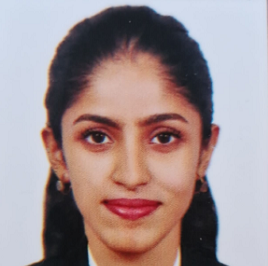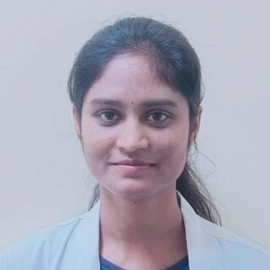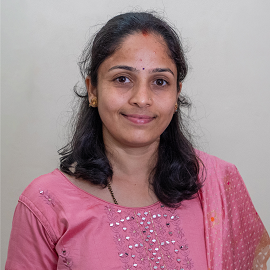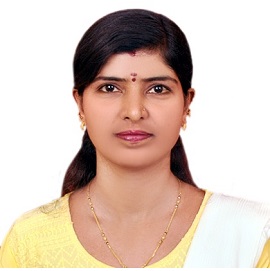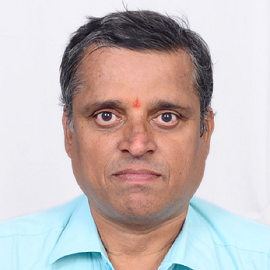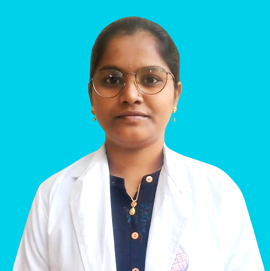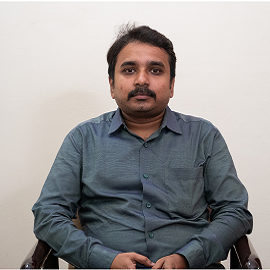Resources / Overview of Cancers in India
Cancer Statistics
Cancer, in India, is now the second leading cause of death after cardiovascular disease; up from seventh in 2000. Incidence rates of Breast, Cervical and Oral Cancer in India are significantly higher when compared to global incidence rates. A substantial percentage of these incidences and associated mortality can be prevented. While in India, incidence rates of Breast, Oral, Lung and Prostate cancers continue to rise, developed geographies have seen a reduction in incidence rates of Breast and Oral cancer. This reduction has primarily been achieved through research, improved awareness levels and early cancer detection.
Statistics: Approximately one in eight women will be diagnosed with Breast Cancer in their lifetime (although men can and do develop breast cancer). Breast Cancer is the leading cause of cancer mortality among women in India. Early detection is extremely important in preventing death by Breast Cancer – the five year survival rate for localized stage breast cancer is 98%. In contrast, the same figure for advanced stage Breast Cancer is 22%. 5 year survival rate from Breast Cancer in US is 88.7%, UK 81.1% and Brazil 87.4%. In India it is 60.4%. (Source: GLOBOCAN 12: Estimated Cancer Incidence, Mortality and prevalence Worldwide in 2012. AllemaniC, Weir HK, CarreiraH, et al. Global Surveillance of cancer survival 1995-2009). Since breast cancer in males is usually detected in its advanced stages, outcomes are typically worse.
Risk Factors: Women who do not have children, or had children after the age of 30 are at an increased risk of developing Breast Cancer, as are those who started menstruating early or went through a late menopause. Genetics also has a role in the incidence of Breast Cancer, and women with a mother, sister, or daughter afflicted with Breast Cancer are twice as likely to develop breast cancer themselves.
Symptoms: The most common symptom of Breast Cancer is the presence of a new lump or mass.
Screening: Women over the age of 40 must have mammograms every year, and breast self-examination is recommended for women from the age of 20 (American Cancer Society guidelines).
Statistics: Cervical cancer is the second most common cancer which afflicts women in India. Most women affected by this disease are middle-aged.
Risk Factors: he most prominent risk factor for developing cervical cancer is infection by Human Papillomavirus (HPV).
Symptoms: It is recommended that women between the ages of 21 and 29 should receive a Pap tests every three years, and those between the ages of 30 and 65 should receive a Pap tests plus HPV test once every five years. Women over the age of 65 who have previously had normal screening results (and have been screened regularly) need not be screened for cervical cancer (American Cancer Society guidelines).
Statistics: Oral Cavity Cancers is the most prevalent category of cancers common to males and females in India, affecting about 7.6% of individuals.
Risk Factors: The major risk factors of Oral Cavity Cancers are smoking, chewing tobacco, and heavy drinking. In addition to this, Human Papilloma Virus infections of the mouth (usually transmitted through oral sex) can lead to cancers of the oral cavity.
Symptoms: The two most common symptoms of oral cancers are a sore in the mouth that does not heal, and persistent pain in the mouth.
Screening: Regular dental check-ups by medical professionals are encouraged; these can detect cancers of the oral cavity at an early stage.
Statistics: Lung Cancer is the second most prevalent cancer in India common to males and females, and is the third leading cause of overall cancer mortality in India.
Risk Factors: Smoking is the largest cause of lung cancer in India, and at least 80% of all cases of lung cancer are attributed to smoking. Moreover, second-hand smoke also poses a significant risk; passive smoking increases the chance of developing lung cancer by roughly a third.
Symptoms: The high mortality rate of lung cancer is in part due to the fact that lung cancer usually goes undiagnosed until the cancer has reached an advanced non-curable stage. When symptoms do appear, they are often confused with those of infections.
Screening: There is no generally accepted screening test for lung cancer, and researchers are working to develop effective methods to detect lung cancer in its early stages.
Statistics: Colorectal Cancer is the third most prevalent type of cancer in India common to males and females, with an incidence rate of approximately 6.3%.
Risk Factors: Risk factors for Colorectal Cancer include the consumption of red meat or processed meat, heavy alcoholism, obesity, and consumption of food cooked at very high temperatures. Diets rich in vegetables, fruits, and whole grains reduce the overall risk of developing Colorectal Cancer.
Symptoms: Some of the key symptoms of Colorectal Cancer are a change in bowel habits (diarrhea, constipation, and narrowing of the stool, in particular), blood in the stool (which can cause the stool to appear bloody or tarry), an urge to have a bowel movement which is not relieved by defecation, and abdominal pain. Symptoms of Colorectal Cancer do not typically appear until the cancer has reached an advanced stage, so early screening is absolutely necessary to increase chances of survival.
Screening: Colonoscopies (recommended once every ten years after the age of 50), and sigmoidoscopies (recommended once every five years after the age of 50) are effective screening methods for Colorectal Cancer (American Cancer Society guidelines).
Statistics: Stomach cancer is the fourth most common cancer in India common to both men and women, and mostly affects individuals over the age of 60.
Risk Factors: Risk factors associated with stomach cancer include tobacco use, the consumption of pickles and salty meats, and obesity.
Symptoms: The main symptoms of stomach cancer include loss of appetite, weight loss, nausea, and abdominal pain. These usually appear when the cancer has reached an advanced, incurable stage. Furthermore, these symptoms are very general, and can therefore be confused with those of other illnesses.
Screening: There is currently no generally accepted screening method for stomach cancer.
Statistics: Oesophagus cancer is the fifth most prevalent cancer common to men and women in India.
Risk Factors: Tobacco use is by far the biggest risk factor involved in developing Oesophagus cancer, although other factors, such as obesity, are known to play a role.
Symptoms: The most common symptom of Oesophagus cancer is difficulty in swallowing which gets progressively worse as the tumour increases in size. Other symptoms, such as unintentional weight loss and a sensation of burning in the chest may be present.
Screening: There is currently no generally accepted screening method for oesophagus cancer.

